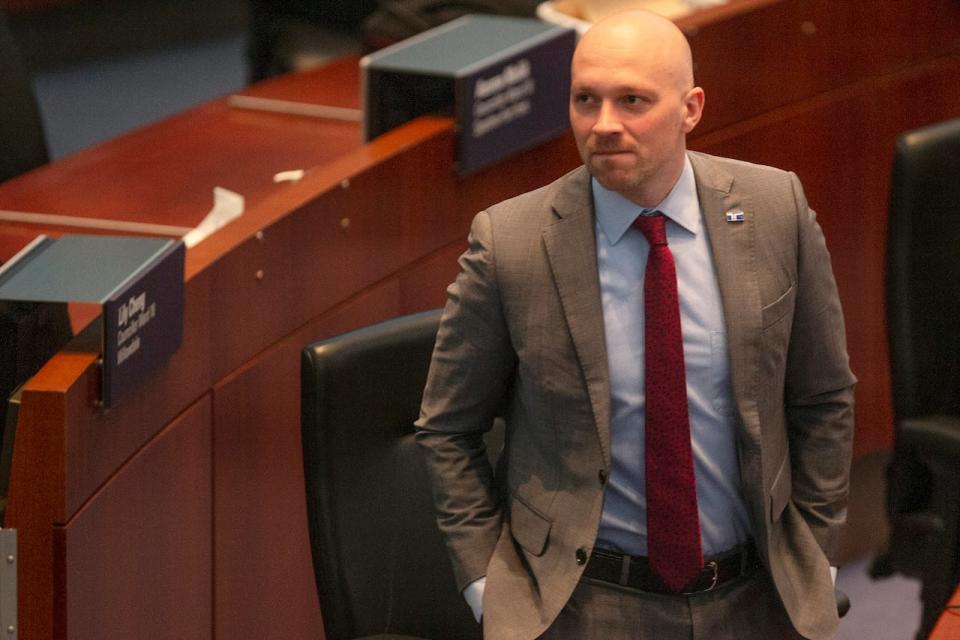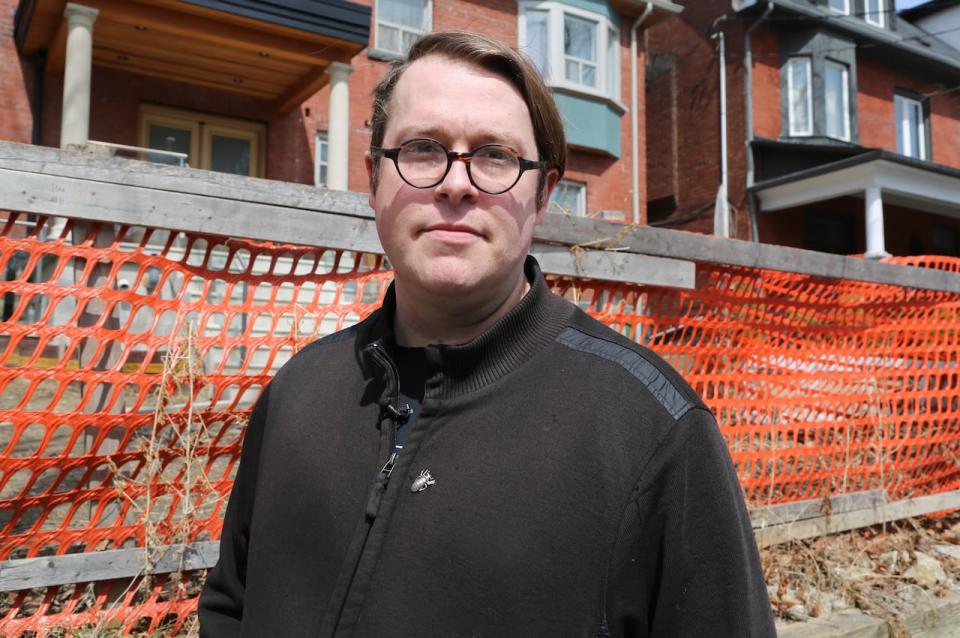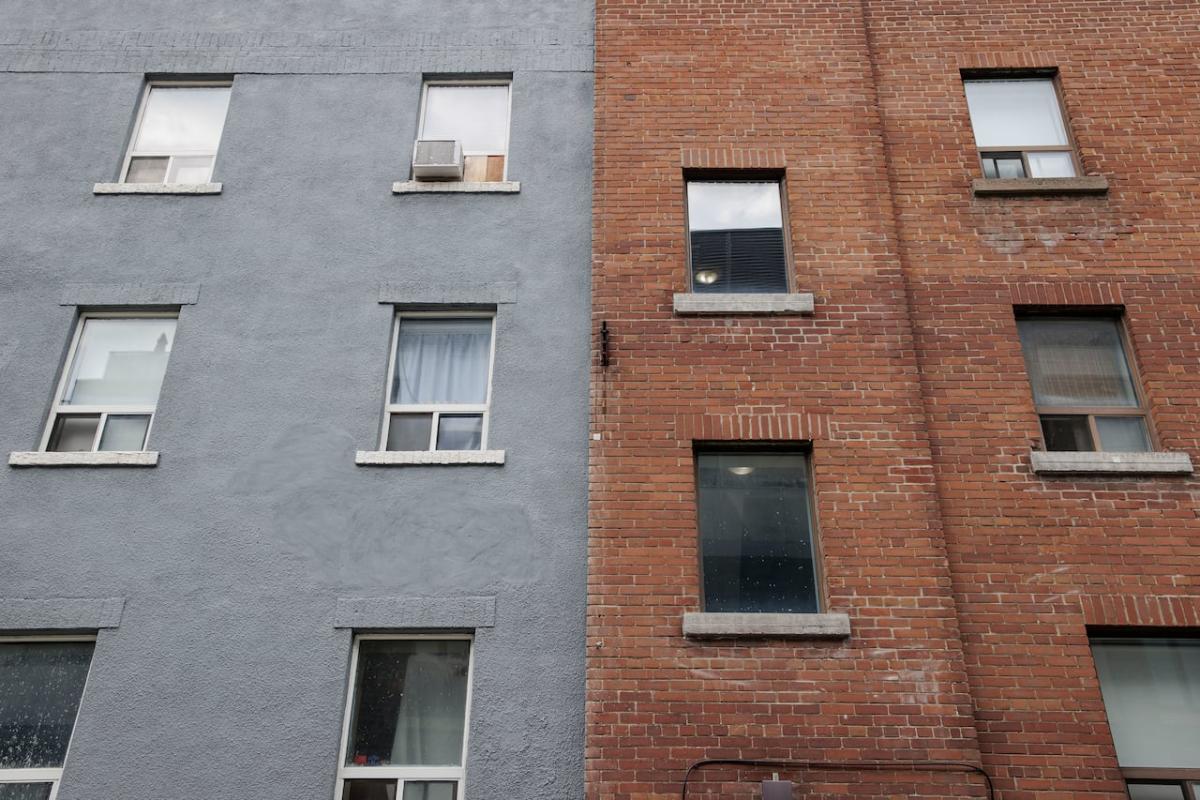The city of Toronto is set to gather feedback from the public this month on a plan for a new bylaw that would crack down on illegitimate evictions.
City staff hope the feedback from both tenants and landlords will help in drafting the renovictions bylaw. Renovictions occur when a landlord illegitimately evicts a tenant, claiming they require a rental unit for renovations or repairs. That can lead to significant rental increases or refusing to allow tenants to return to their homes, according to the city.
Tenants’ advocates say in letters submitted to council that a renovictions bylaw is needed sooner rather than later. But an organization representing landlords says the issue is covered by existing legislation.
Council directed city staff in June to develop the new bylaw and to consult with the public. Staff are expected to report back to council’s planning and housing committee with a proposed bylaw in October that would take effect on Nov. 1, 2025.
But Geordie Dent, executive director of Federation of Metro Tenants’ Associations, a non-profit organization that advocates on behalf of tenants, said in a June 10 letter to the planning and housing committee that the organization would like to see a bylaw implemented before next November.
“There’s no reason for tenants to wait that long to get protection from eviction fraud,” Dent wrote.
“Tens of thousands of tenants annually receive fraudulent eviction notices from landlords attempting to defraud them of their rental contract. In many of these cases, the landlord has no intention of actually doing work — they are simply trying to get the tenant out through fraud to jack up the rent and increase profits.”
Meanwhile, Daryl Chong, president and CEO of the Greater Toronto Apartment Association, says renovictions are covered by the Residential Tenancies Act (RTA) and that there’s no need for a bylaw. He added that the association doesn’t support “bad faith operators” and will work with the city on the issue.
“This is entirely with the scope of the RTA and is governed by the province,” Chong said.
Chong says a “true consultation would have everything on the table,” including the option of not proceeding with the bylaw at all. But he says the association, which represents professional landlords, will provide its perspective.
“We will work with the city to sort this out,” he said.
‘We need to crack down,’ councillor says
Coun. Brad Bradford, who represents Ward 19, Beaches-East York, says consultations are important because renovictions are a major problem in Toronto. Nearly half of Toronto households are renters and 40 per cent of them are living in unaffordable housing, according to the city.
“It’s really about protecting renters and our rental housing stock. And nobody should have to live in fear that their landlord could be unfairly or illegally evicting them just so that they can escalate the rental cost,” Bradford said.

Toronto city councillor Brad Bradford attends a council session in Toronto on Wednesday, March 29, 2023. Bradford says of the proposed renovictions bylaw: ‘It’s really about protecting renters and our rental housing stock.’ (Chris Young/Canadian Press)
Bradford says no one disputes the urgency of the bylaw, adding the bylaw would give the city the tools it needs to stop the evictions.
“It’s the illegitimate evictions that we need to crack down on, because we know those are a problem.”
According to the city, the proposed renovictions bylaw would require landlords to:
-
Apply for a renovation licence before beginning renovations.
-
Submit a report that shows a need for vacant possession of the unit to do renovations.
-
Provide compensation or an accommodation plan for tenants.
“This results in the displacement of tenants, the permanent loss of affordable rental housing and contributes to rising homelessness in Toronto,” the city said in a recent news release.
The city added that it will look at what other jurisdictions have implemented to provide guidance. Hamilton, for example, passed a bylaw in April to prevent unfair evictions.
Bradford said it’s important for the city to strike the right balance to ensure such a bylaw is not struck down by the courts.
City calls on province to bring back rent control
As part of its efforts to protect tenants in Toronto, the city said in the release that it has asked the Ontario government to proclaim into law Bill 97, the Helping Homebuyers, Protecting Tenants Act, as well as amend the Residential Tenancies Act.
Bill 97, announced in April 2023, introduced potential new protections for renters, including from renovictions. Council wants the province to bring the new changes into force to improve protections for renters, the city says.
It has also asked the province to bring back rent control on units first occupied after Nov. 15, 2018, and vacancy control in a bid to preserve privately-owned affordable rental homes and lower the incentive for landlords to evict tenants illegitimately.


Geordie Dent, executive director of Federation of Metro Tenants’ Associations, says landlords engaging in renovictions are ‘simply trying to get the tenant out through fraud to jack up the rent and increase profits.’ (Martin Trainor/CBC)
Ontario’s Ministry of Municipal Affairs and Housing said in an email Friday that the province is working on implementing what it says are measures and administrative processes before the changes introduced by Bill 97 can become law.
Some of the changes include:
-
Updates to Landlord and Tenant Board (LTB) forms and development of new forms.
-
Updates to the LTB case management system.
-
Additional training for staff and adjudicators.
Online survey available for feedback, city says
As for the consultations, there are seven meetings scheduled to take place across the city.
The first is a drop-in session on Wednesday for Toronto East. Toronto West and North York will have sessions on Thursday, Etobicoke on Saturday and Scarborough on Sunday. A city-wide virtual session will be held on Sept. 9, and a downtown session is set for Sept. 13.
No pre-registration is required. More information about the times, dates and locations can be found here.
The public is also being invited to take part an online survey until Sept. 30.

